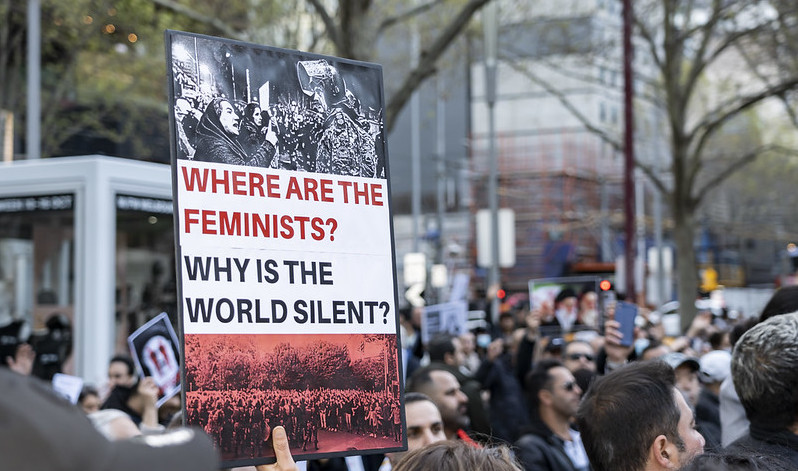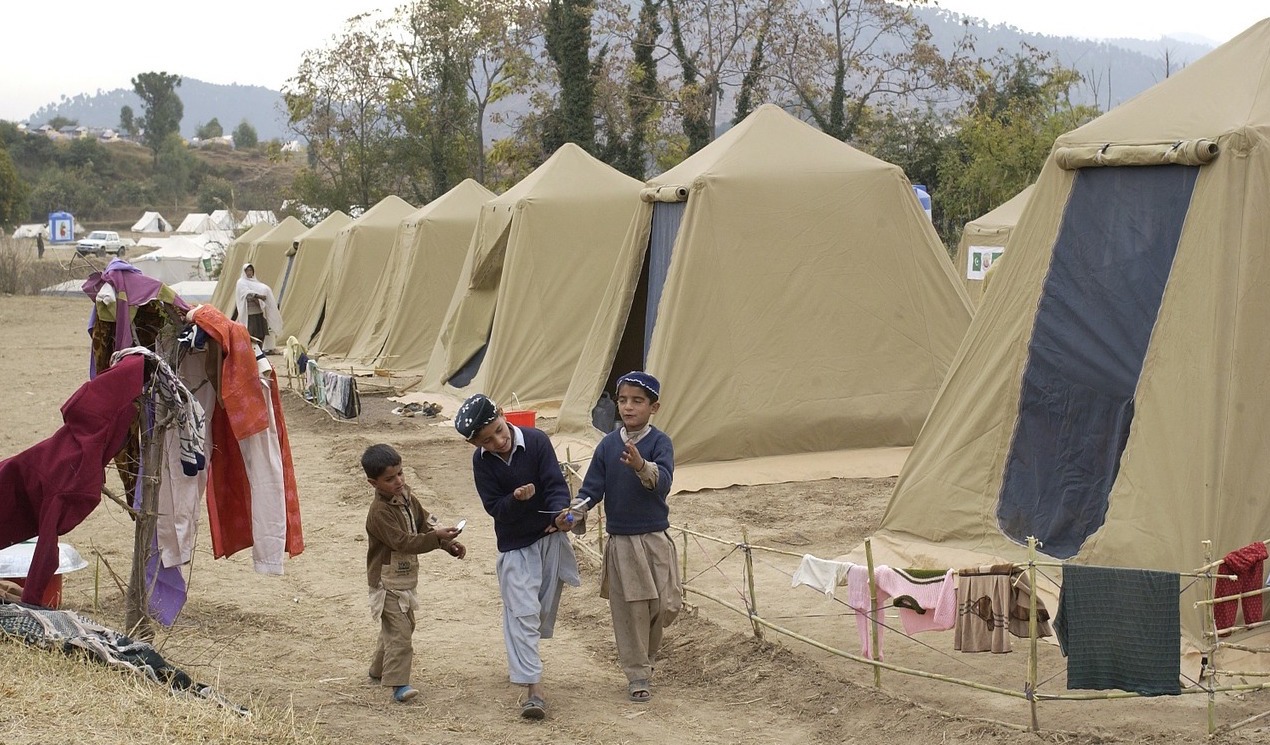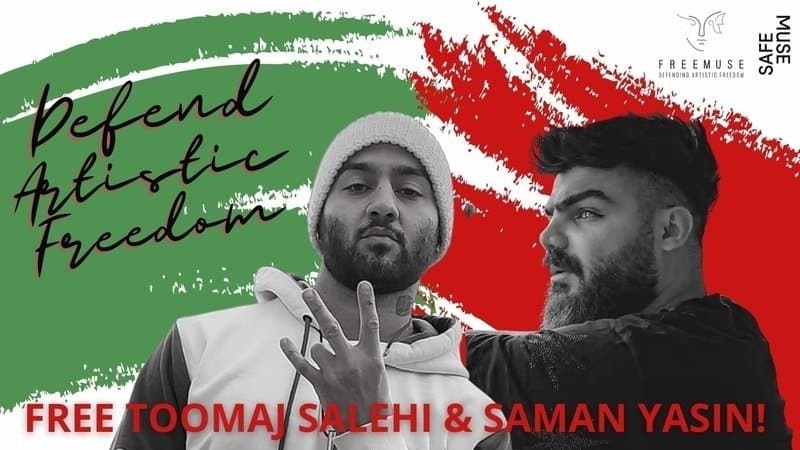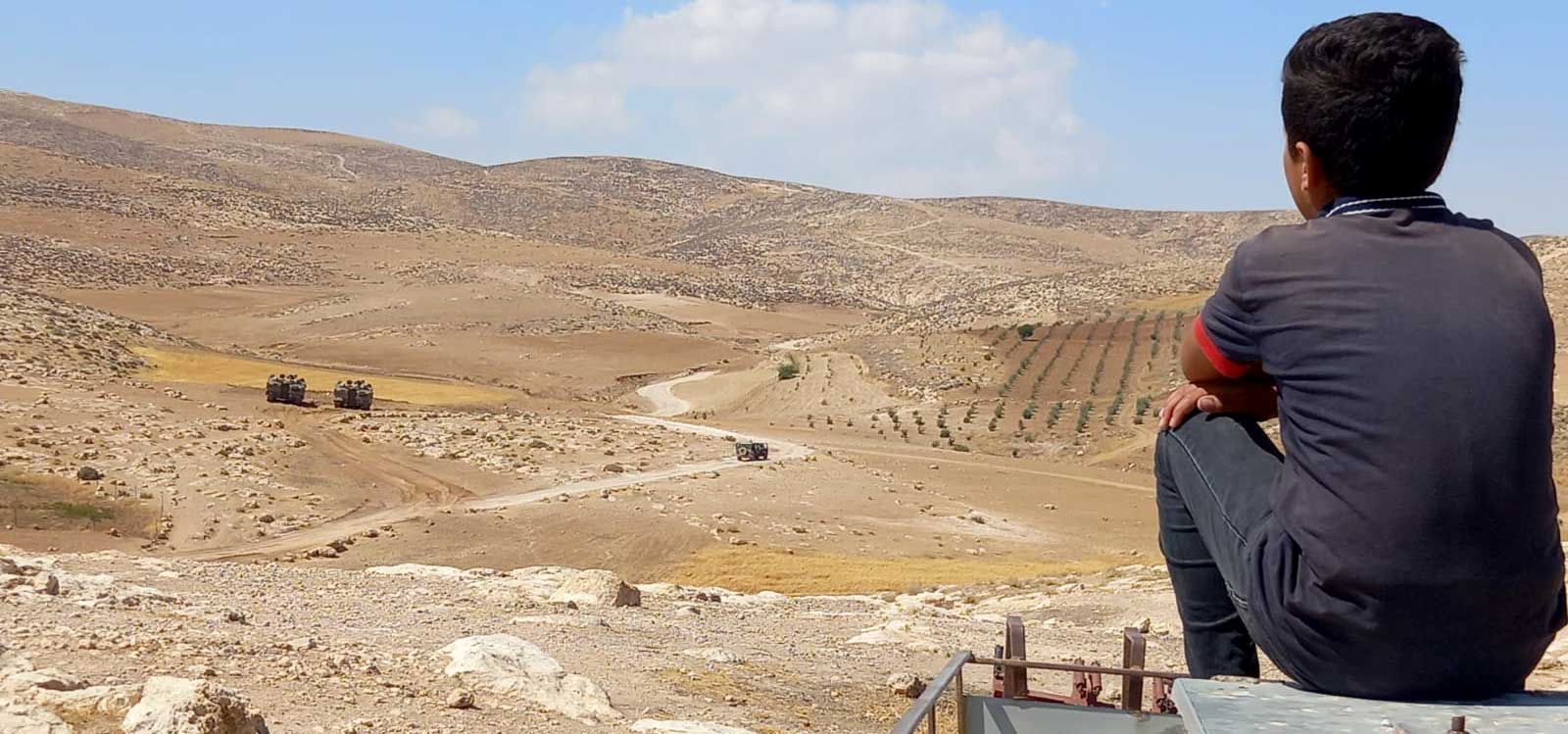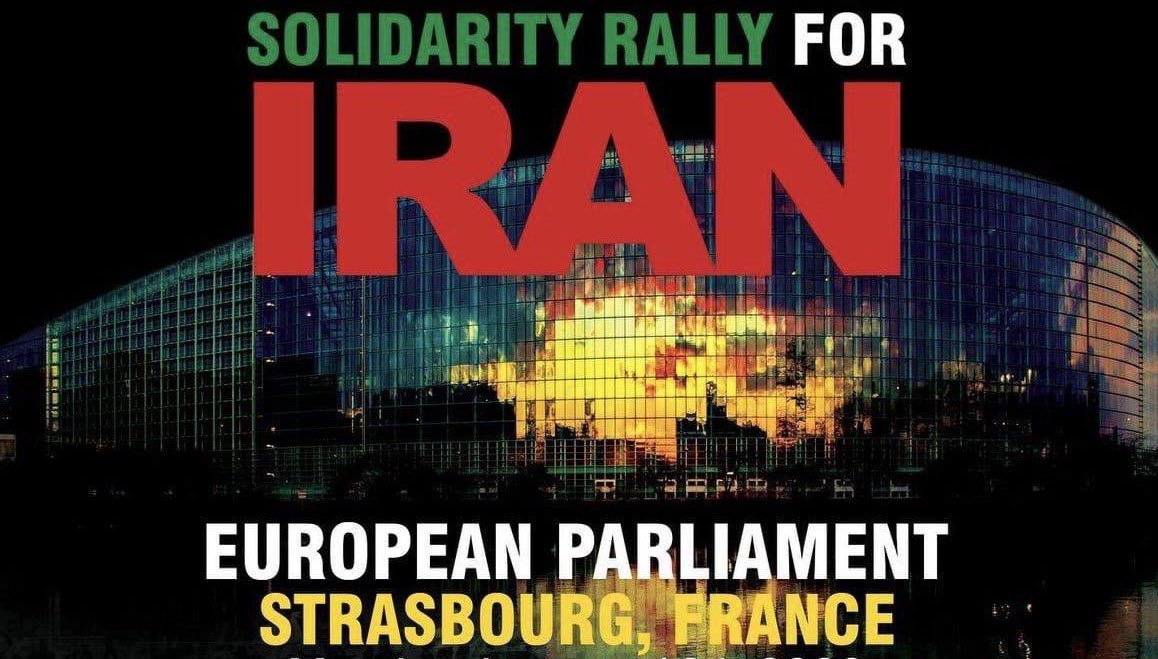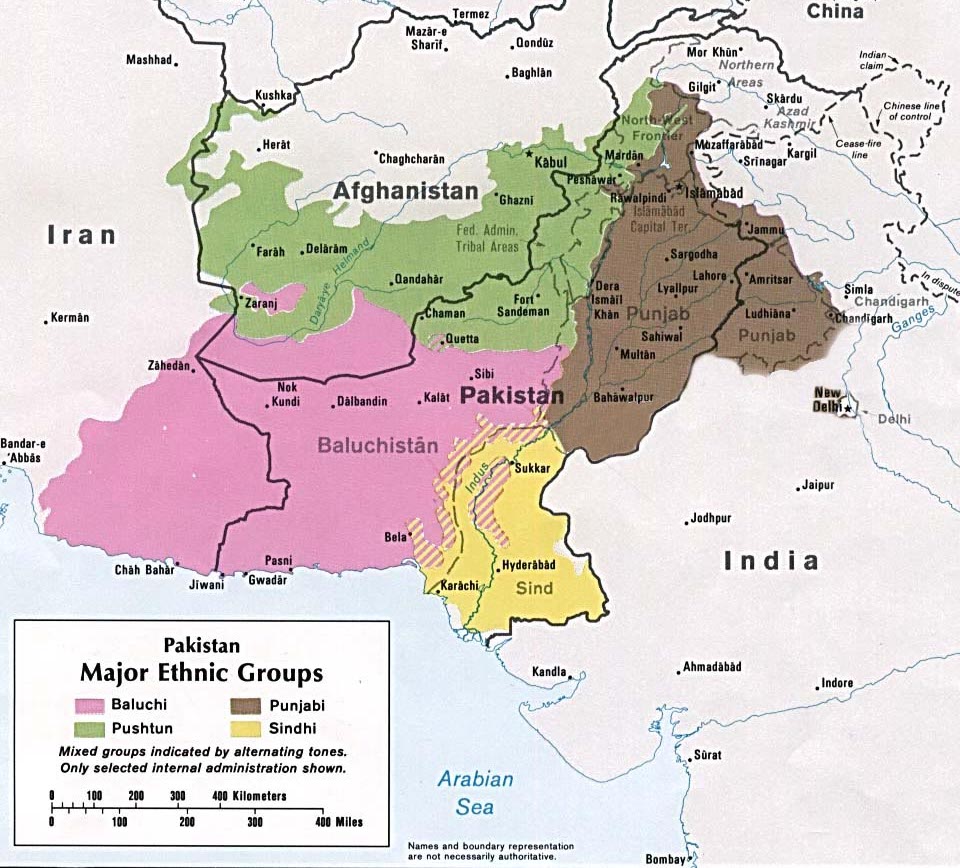
Iran and Pakistan trade air-strikes across border
Iran carried out missile and drone strikes against targets of the Jaish al-Adl militant group in Pakistan’s Balochistan province. Pakistan called the assault, which resulted in the death of two children, an “unprovoked violation” of its airspace. The unprecedented strikes, attributed to the Revolutionary Guards, are seen as a response to the recent deadly suicide bombing by the Islamic State in Iran. Pakistan retaliated the next day with strikes on villages in Iran’s Sistan & Baluchistan province, reportedly killing seven, including four children. (Map via Wikipedia)




